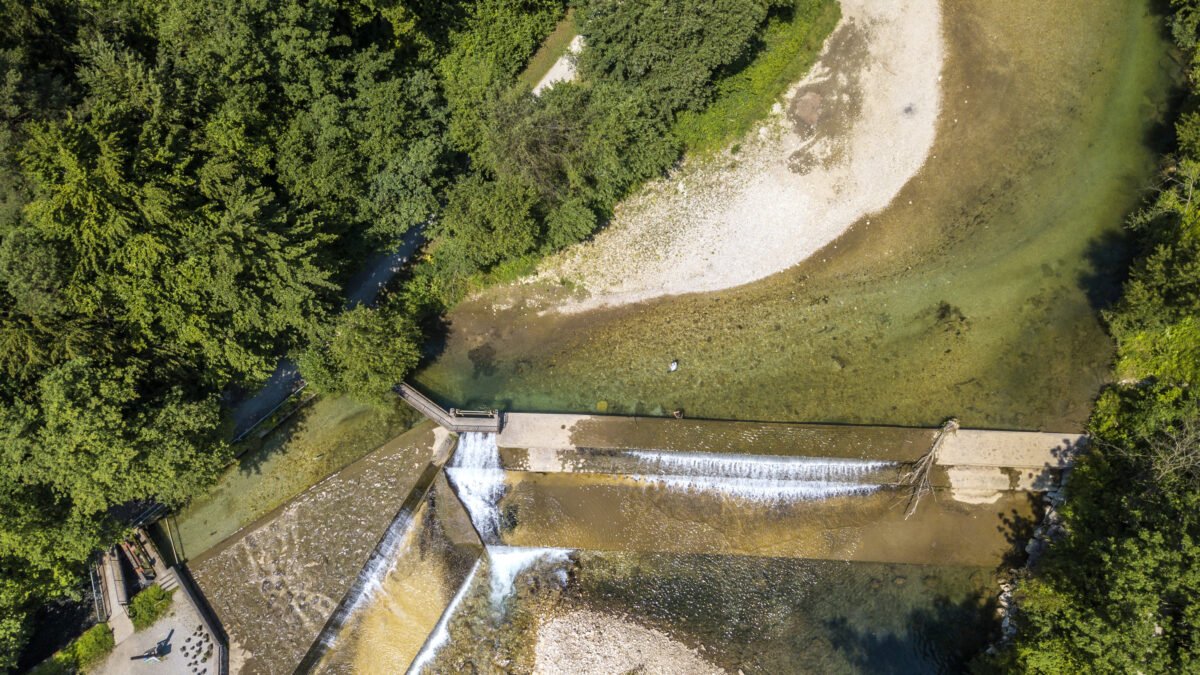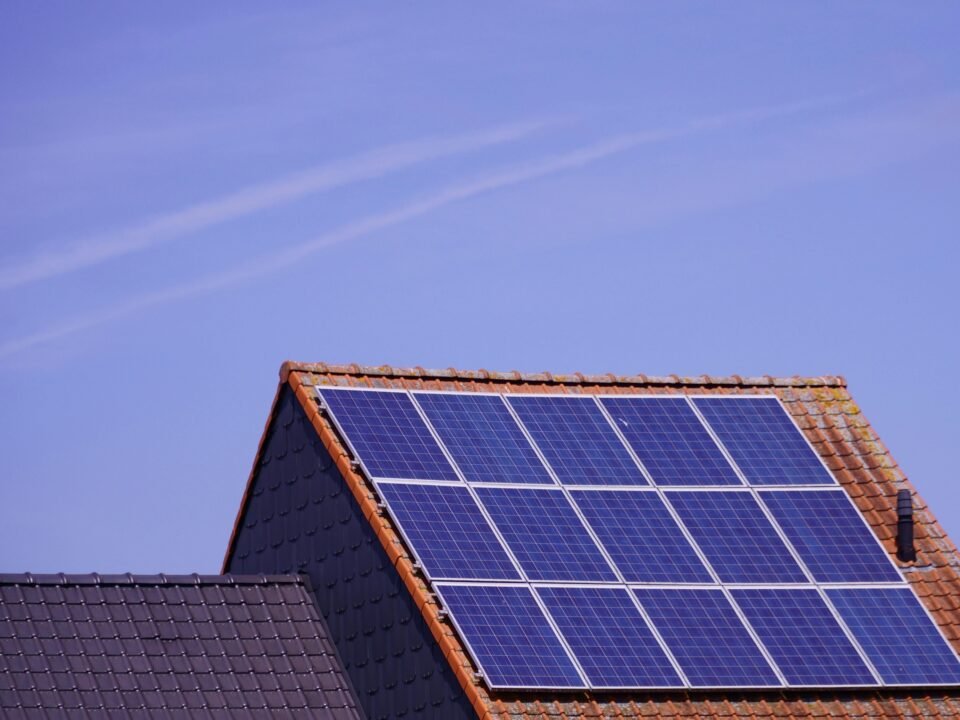Introduction
As the world transitions towards clean and renewable energy, innovative solutions are emerging to address the energy needs of rural and remote communities. Among these solutions, a mini hydro power plant for home stands out as one of the most sustainable and reliable sources of electricity. Unlike solar or wind energy, which are dependent on weather conditions, mini hydro power leverages the continuous flow of water to generate power, ensuring consistency and reliability.
In rural areas, where grid connectivity is often limited or unreliable, small-scale hydropower systems can provide households with a self-sufficient and cost-effective energy source. This blog explores how mini hydro power plants work, their benefits, installation considerations, and their role in promoting rural sustainability.
What Is a Mini Hydro Power Plant for Home?
A mini hydro power plant for home is a small-scale hydropower system designed to generate electricity using the kinetic energy of flowing or falling water. These systems are typically suited for individual households, farms, or small communities with access to streams, rivers, or irrigation channels.
Unlike large hydroelectric dams, mini hydro power plants are compact, environmentally friendly, and easier to install. They usually generate between 5 kW to 100 kW, which is more than enough to power an average household or even multiple homes in rural areas.
How Does a Mini Hydro Power Plant Work?
The functioning of a mini hydro power plant for home is simple yet effective:
- Water Intake – A small channel or pipeline diverts water from a natural source, such as a stream or river.
- Penstock – Water flows through a penstock (pipe) under pressure toward the turbine.
- Turbine – The force of flowing water turns the turbine blades, converting kinetic energy into mechanical energy.
- Generator – The turbine is connected to a generator, which converts mechanical energy into electrical power.
- Power Distribution – The generated electricity is then used to power household appliances or stored in batteries for later use.
This simple yet effective system allows rural families to achieve energy independence with minimal environmental impact.
Benefits of a Mini Hydro Power Plant for Home
1. Reliable Source of Power
Unlike solar energy, which depends on sunlight, or wind turbines, which rely on wind speeds, hydro power works continuously as long as there is a flowing water source. This makes it ideal for areas with perennial streams.
2. Eco-Friendly Energy
A mini hydro power plant for home has little to no greenhouse gas emissions. Since it doesn’t require fuel, it reduces reliance on fossil fuels and helps combat climate change.
3. Cost-Effective in the Long Run
Although the initial setup cost can be higher than installing solar panels, the long-term operational cost is minimal. Maintenance is simple, and water is a free, renewable source. Over time, the plant pays for itself through savings on electricity bills.
4. Energy Independence
Rural households often face unreliable grid electricity or high costs for diesel generators. With a mini hydro power plant for home, families become self-sufficient, reducing dependency on government supply or fuel imports.
5. Supports Rural Development
Reliable electricity improves rural life by powering homes, schools, health centers, and small businesses. This promotes education, healthcare, and entrepreneurship, leading to overall community development.
Key Considerations Before Installation
While the benefits are clear, installing a mini hydro power plant for home requires careful planning. Here are important factors to consider:
- Water Availability – A constant source of flowing water is essential. Seasonal streams may not provide year-round energy.
- Flow Rate and Head – The efficiency of power generation depends on the volume of water flow and the vertical drop (head). Higher head and flow mean greater electricity output.
- Site Assessment – Professional assessment ensures proper turbine and generator selection, system sizing, and safety.
- Environmental Impact – While mini hydro plants are eco-friendly, care must be taken to avoid disrupting local aquatic ecosystems.
- Budget and Financing – Initial investment can range from a few thousand to several lakhs of rupees depending on the size and complexity. However, government subsidies and renewable energy programs can reduce costs.
Mini Hydro Power vs. Other Renewable Options
| Feature | Mini Hydro Power Plant for Home | Solar Panels | Wind Turbines |
|---|---|---|---|
| Reliability | Continuous if water flow is steady | Depends on sunlight | Depends on wind |
| Setup Cost | Moderate to High | Moderate | High |
| Maintenance | Low | Low | Medium |
| Lifespan | 25–50 years | 20–25 years | 20–25 years |
| Environmental Impact | Minimal | Minimal | Minimal |
This comparison shows that a mini hydro power plant for home is one of the most reliable renewable energy solutions, particularly for rural areas with flowing water sources.
Real-World Applications in Rural Areas
- Household Electrification – Families in hilly and river-rich regions can power lights, fans, refrigerators, and even small machinery using mini hydro plants.
- Agriculture – Farmers can use electricity to run irrigation pumps, grain mills, and cold storage units.
- Community Projects – Small villages can establish micro-grids powered by mini hydro systems to supply energy to multiple homes.
- Schools and Healthcare – Steady power supply enhances education (smart classrooms, lighting) and healthcare (vaccine refrigeration, medical equipment).
Challenges and Solutions
1. High Initial Cost
Solution: Government subsidies, low-interest loans, and community-owned projects can make mini hydro affordable.
2. Site Limitations
Solution: Proper feasibility studies and exploring hybrid systems (mini hydro + solar) can address seasonal water shortages.
3. Technical Expertise
Solution: Training local technicians ensures long-term maintenance and operation without external dependency.
Future of Mini Hydro Power Plants for Homes
As renewable energy technology evolves, mini hydro power plants for home are becoming more efficient and cost-effective. With increasing focus on rural electrification and sustainable living, governments and NGOs are promoting micro-hydropower projects worldwide.
In India, for example, the Ministry of New and Renewable Energy (MNRE) supports small hydro projects under 25 MW, and several states provide incentives for community-based renewable initiatives. This momentum ensures that mini hydro systems will play a vital role in achieving energy equity.
Conclusion
A mini hydro power plant for home is more than just an energy solution—it is a pathway to sustainability, rural empowerment, and energy independence. By harnessing the natural flow of water, households in remote areas can enjoy reliable and eco-friendly electricity without depending on costly fossil fuels or erratic grid supply.
For rural communities blessed with perennial streams or rivers, adopting mini hydro power could be a game-changer—improving quality of life, supporting livelihoods, and contributing to a greener planet.
In the long run, such innovative solutions will not only light up homes but also brighten the future of rural areas across the world.



